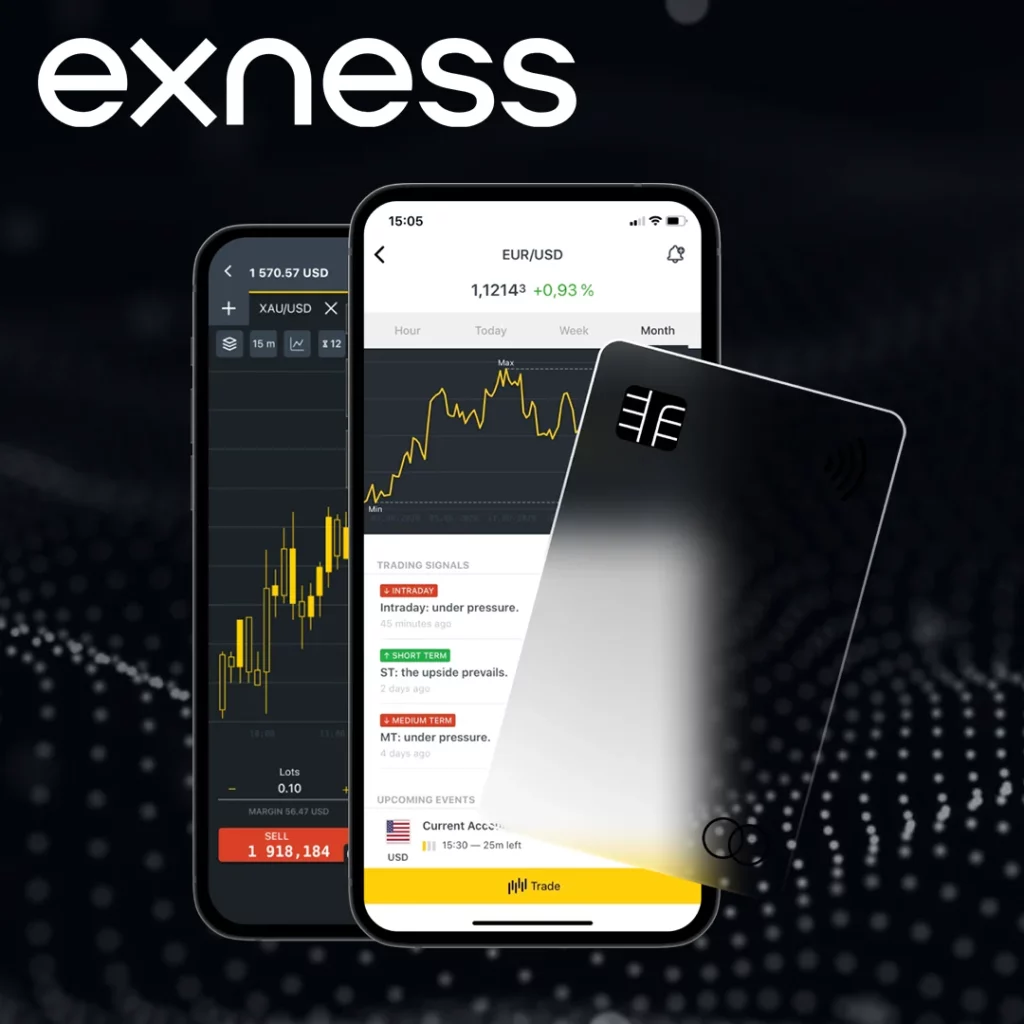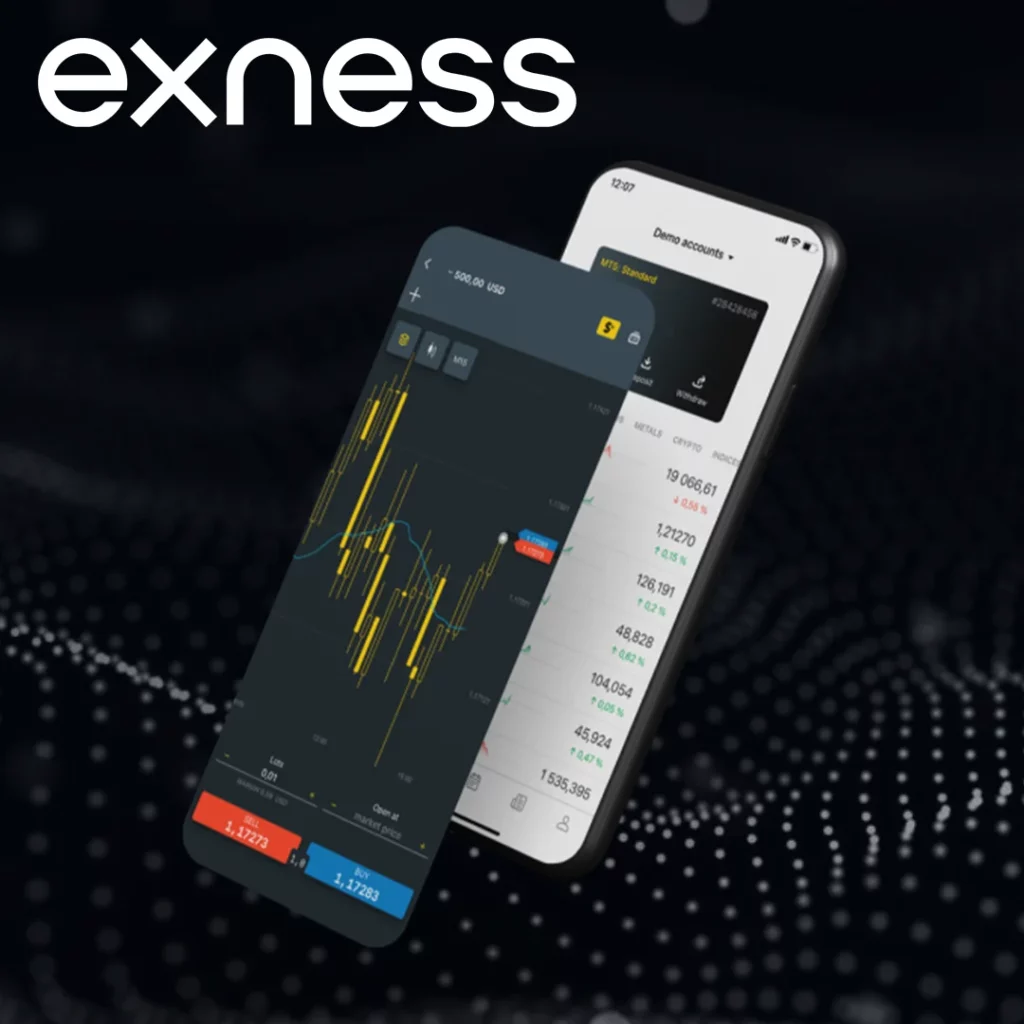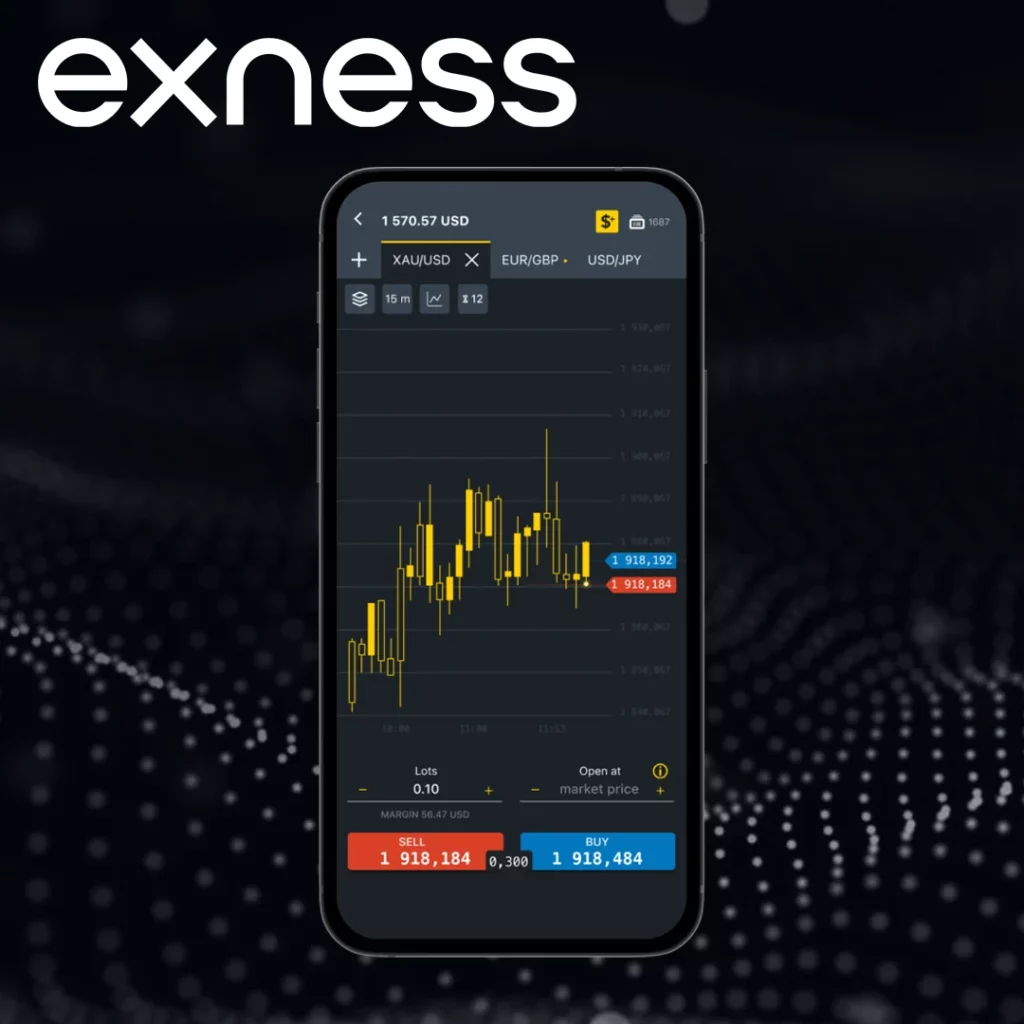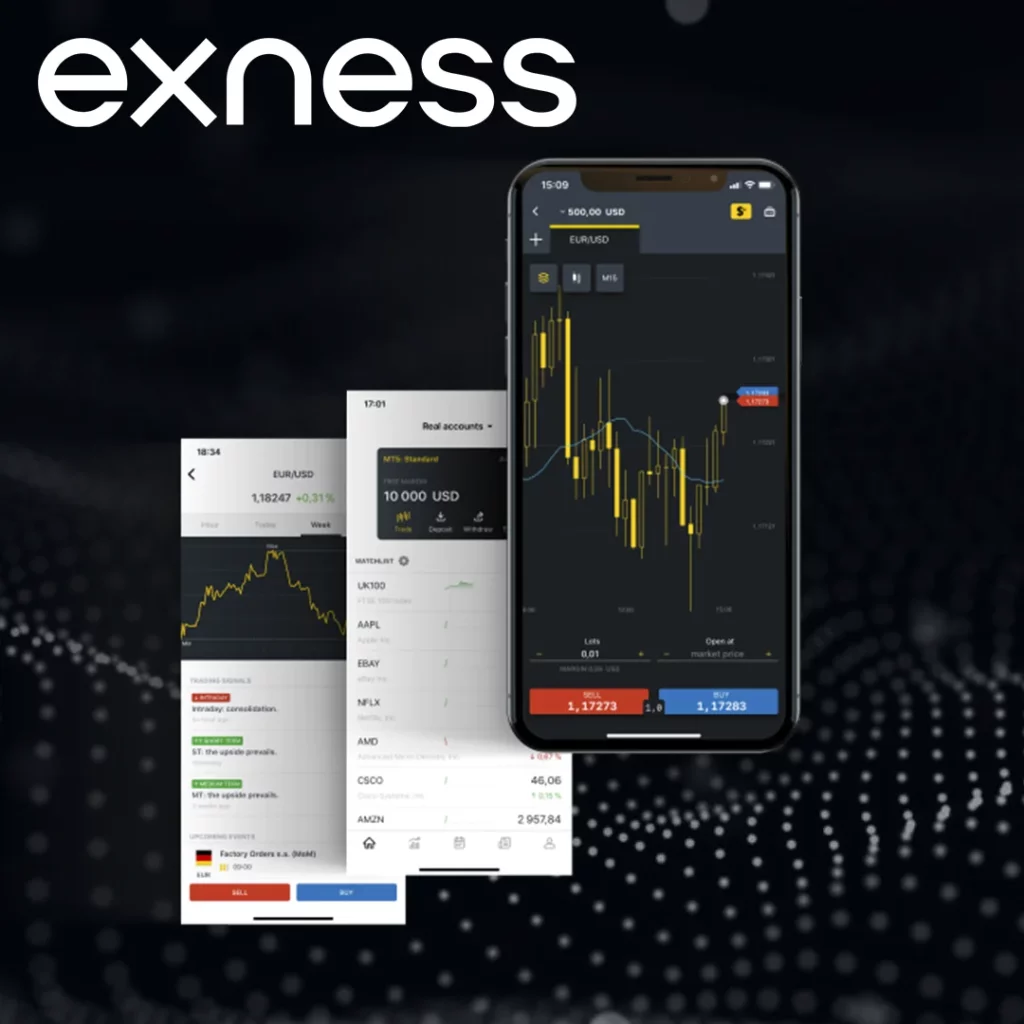Trading hours are a crucial aspect of the forex market. They define when you can execute trades, and they also determine liquidity, volatility, and overall market conditions. For traders using Exness, understanding the company’s trading hours can help in planning strategies and managing risk.
Overview of Exness Trading Hours
Exness operates around the clock, providing traders with the ability to access global markets at any time during the week. However, not all instruments are available at all hours. Exness follows the typical trading day of the global forex market, which is structured around the 24-hour trading cycle from Monday to Friday, but there are slight variations depending on the market.
Forex Market Hours
The forex market is the most liquid and active market in the world. Trading is available 24 hours a day from Sunday evening until Friday evening (GMT). The major forex markets open at the following times:
- Sunday 22:00 GMT: The forex market opens with the Sydney market, marking the start of the trading week.
- Monday to Friday 22:00 GMT: Trading is ongoing with different major trading hubs, including London, New York, and Tokyo.
- Friday 22:00 GMT: The market closed until Sunday evening.
This gives traders the ability to access a wide range of currency pairs, such as EURUSD, GBPUSD, and USDJPY, at any given time during the trading week. It’s essential to note that trading halts during weekends, allowing for market liquidity adjustments.

Indices Trading Hours
Exness provides access to major indices, including those in the U.S., Europe, and Asia. Trading hours for indices are linked to the stock exchanges on which they are based. Typically:
- U.S. indices (Dow Jones, NASDAQ, S&P 500): Open from 14:30 GMT to 21:00 GMT, Monday to Friday.
- European indices (FTSE, DAX, CAC40): Operate from 08:00 GMT to 16:30 GMT, Monday to Friday.
- Asian indices (Nikkei, Hang Seng): Available from 00:00 GMT to 06:00 GMT, Monday to Friday.
These indices are generally open for trading during the working hours of their respective regions but can see lower liquidity outside those hours.

Commodity Market Hours
Commodities like gold, silver, and oil are also available for trading. The trading hours for these instruments vary based on the underlying market:
- Gold (XAUUSD): Trading is available from 00:00 GMT Sunday to 22:00 GMT Friday.
- Crude Oil (USOIL, UKOIL): Trading runs from 01:00 GMT Monday to 22:00 GMT Friday.
Commodities experience substantial price fluctuations, especially during times of geopolitical tension or economic reports. As a result, traders often prefer to trade during peak hours to ensure adequate liquidity and tighter spreads.
Cryptocurrency Trading Hours
Exness also offers trading on popular cryptocurrencies such as Bitcoin (BTC), Ethereum (ETH), and others. These markets run 24/7, meaning traders can engage at any time without concern for opening and closing hours. However, cryptocurrency markets can be more volatile outside traditional trading hours, so risk management is critical when trading cryptos.
Stock Trading Hours
Exness provides the ability to trade CFDs on stocks, including tech giants like Apple, Amazon, and Microsoft. These instruments typically follow the trading hours of their respective stock exchanges:
- U.S. stocks: Open from 14:30 GMT to 21:00 GMT, Monday to Friday.
- European stocks: Trading from 08:00 GMT to 16:30 GMT.
Like indices, stock CFDs have specific hours of liquidity, and trading outside of these can expose traders to wider spreads and less favorable conditions.
Exotic Markets
Trading on exotic currency pairs or indices often involves less liquidity and wider spreads. These markets may have different trading hours based on the geographic location of the underlying currencies or instruments. Exotic pairs such as USDTRY or USDZAR are typically less liquid outside the main trading windows.
The Role of Time Zones in Trading Hours
Understanding GMT (Greenwich Mean Time) is essential when trading with Exness. Forex market hours are typically presented in GMT, which may differ from your local time. For example, if you are located in New York (GMT-4), the market open and close times would differ from those in London (GMT+0).
Time zone conversions are crucial for setting stop-loss and take-profit levels based on market open and close hours. Exness provides tools and calculators to assist in this process, ensuring traders are aware of how different time zones affect their positions.
Holiday Hours
Exness does not stop trading altogether during global holidays. However, certain instruments may experience reduced trading hours or liquidity on major public holidays. This is particularly true for European and U.S. markets during national holidays such as Christmas, New Year, or Independence Day.
It is crucial to stay informed about such periods and adjust trading strategies accordingly. During these times, spreads may widen, and volatility can increase as fewer traders participate in the market.

Customizing Trading Hours with Exness Platforms
Exness offers various platforms, including MetaTrader 4 (MT4), MetaTrader 5 (MT5), and the proprietary Exness Terminal. These platforms allow traders to access market hours, but customization options also exist:
- Custom Alerts: Set up notifications for market openings or closing times, ensuring you don’t miss optimal trading windows.
- Market Watch: The feature provides a real-time overview of available trading instruments, complete with time-to-open and time-to-close markers.
- Trading Sessions: Many Exness platforms provide detailed views of different trading sessions, showing the opening and closing times for major markets.
These tools help traders stay on top of the trading hours and plan their strategies effectively.

Factors Influencing Market Hours
Market hours are influenced by various factors that can affect trading conditions, including liquidity, volatility, and economic events. Understanding these elements can help traders make informed decisions and adjust their strategies accordingly. Here’s a closer look at the key factors that shape market hours.
- Liquidity: Higher liquidity typically occurs during the overlap of major market sessions (such as London and New York). This often results in tighter spreads and better execution conditions.
- Volatility: Market volatility is highest during the opening of major trading hubs. For instance, when London and New York markets overlap, price movements can be swift, creating opportunities but also increasing risk.
- Economic Events: Reports like Non-Farm Payrolls in the U.S. or Central Bank interest rate decisions can significantly impact market behavior. These events often dictate when traders should be most active.
Managing Risk Around Trading Hours
Managing risk around trading hours is essential for all traders. During off-hours or quieter times, liquidity may dry up, and spreads may widen. Conversely, trading during peak market hours can be highly profitable but also more volatile. Traders should always ensure their risk management strategies are robust, utilizing tools like:
- Stop-loss Orders: To automatically close positions at predefined levels.
- Limit Orders: To ensure positions are opened at desired levels.
- Position Sizing: Control the amount of exposure based on time of day and the expected volatility.
Conclusion
Understanding Exness trading hours is crucial for effectively managing positions in the forex, commodities, and stock markets. Traders benefit from knowing when to trade and which hours provide the best liquidity, spreads, and volatility conditions. The flexibility of Exness’ platforms ensures that traders can access these markets with ease, regardless of their location, while staying informed about important market timings.
By carefully planning trades around market hours and leveraging the tools offered by Exness, traders can maximize their chances of success in the fast-paced and dynamic world of online trading.

Trade with a trusted broker Exness today
See for yourself why Exness is the broker of choice for over 800,000 traders and 64,000 partners.
FAQs
What time does the forex market open on Exness?
The forex market opens on Exness at 22:00 GMT on Sunday with the Sydney session, and it runs continuously until Friday 22:00 GMT, when it closes for the weekend.



